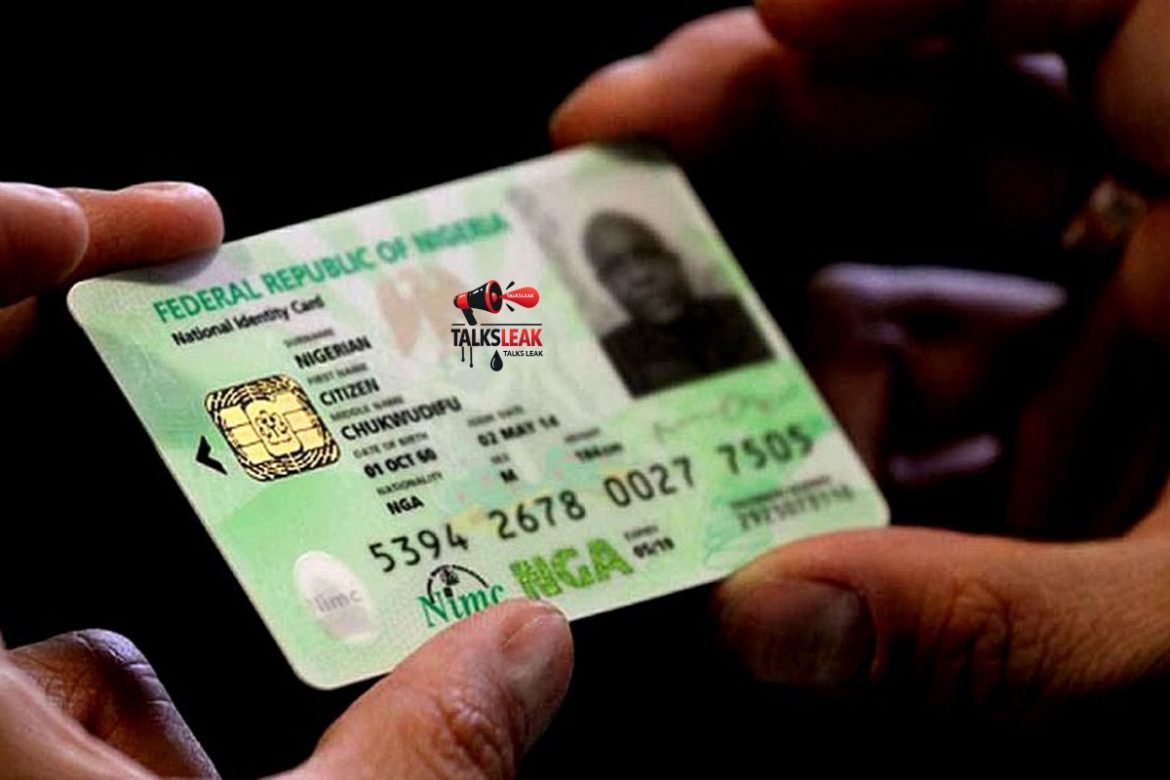The Federal Government of Nigeria is set to link citizens’ credit scores to their National Identification Numbers (NIN), a transformative move aimed at enhancing financial accountability and expanding credit access nationwide.
YOU MAY ALSO LIKE:
- Minister of Interior, Olubunmi Tunji-Ojo, Decries Lean Budgetary Allocations for Security in Nigeria
- BREAKING: Court Grants ₦300 Million Bail to Former CBN Governor Godwin Emefiele Amid Ongoing Property Scandal
- BREAKING: King Jaja of Opobo, His Majesty King Dandeson Jaja, Reportedly Dies After Brief Illness
This was disclosed by Uzoma Nwagba, Managing Director of the Nigerian Consumer Credit Corporation (CREDICORP), during a high-level government meeting at the State House in Abuja. The initiative forms a key pillar of President Bola Ahmed Tinubu’s Renewed Hope Agenda, which seeks to drive inclusive economic development and formalize Nigeria’s credit system.
With the new policy, all credit activity whether from traditional banks, digital lenders, microfinance institutions, or buy-now-pay-later services will be linked directly to a borrower’s NIN.
This allows the government to build real-time, unified credit profiles for individuals, tracking borrowing and repayment behavior across all platforms.
According to Nwagba, this will “give Nigerians the dignity of a good name,” and make responsible credit usage a key to unlocking economic and civic opportunities.
One of the most talked-about elements of the reform is the set of tangible consequences for defaulting on loans. According to CREDICORP, individuals who fail to meet repayment obligations may face restrictions in accessing essential public services, including:
- Renewal of international passports
- Renewal of driver’s licenses
- Rental applications for housing
This isn’t punishment,” said Nwagba. “It’s about consequences that are structured and predictable. People need to understand that financial behavior will now follow them everywhere.
This reform is not just about sanctions, it’s about building a fair, trustworthy financial ecosystem. Every licensed lender will be required to report borrowers’ repayment data, and that data will be used to determine creditworthiness.
The goal is to reward financially responsible individuals with better credit access, while discouraging defaults and fraudulent borrowing. In turn, this will lower the risk to lenders, reduce interest rates, and foster a more inclusive financial market.
The reform is one of the flagship components of Tinubu’s Renewed Hope Agenda, aimed at improving living standards, reducing corruption, and catalyzing industrial development.
We want young people to have access to buy homes, pay school fees, buy a car without resorting to shady, informal lending systems, Nwagba explained during the meeting.
The government is also rolling out YouthCred, a credit product designed to help young Nigerians, especially NYSC members and first-time borrowers, build credit history responsibly.
The Numbers Behind the Move
- Over 107 million Nigerians are already registered with NIN.
- The reform targets 80 million economically active citizens.
- Consumer credit will be expanded for essentials like housing, education, transportation, and digital tools.
With Nigeria’s historically low credit penetration only about 13% of adults have formal credit history this marks a turning point in how credit is accessed and managed nationwide.
By linking credit scores to NIN, Nigeria is ushering in an era of real accountability and transparent borrowing. As this reform takes effect, Nigerians are encouraged to:
- Regularly update their NIN information
- Pay off outstanding loans
- Understand their credit rights and responsibilities
This is more than a financial reform, it’s a structural shift that aligns Nigeria with global best practices in credit management, while putting the everyday citizen at the center of economic development.


